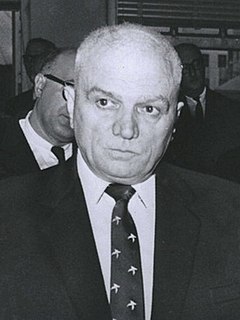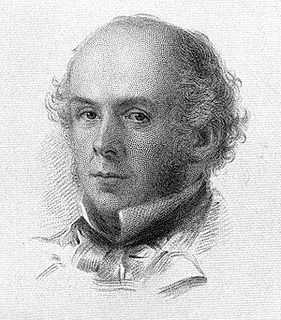A Quote by Gene Wolfe
I believe there is no other difference between those who are called courageous and those who are branded craven than that the second are fearful before the danger and the first after it. No one can be much frightened, certainly, during a period of great and immanent peril -- the mind is too much concentrated on the thing itself, and on the actions necessary to meet or avoid it. The coward is a coward, then, because he has brought his fear with him; persons we think cowardly will sometimes amaze us by their bravery, if they have had no forewarning of their danger.
Quote Topics
Actions
After
Amaze
Avoid
Because
Before
Believe
Between
Branded
Bravery
Brought
Certainly
Concentrated
Courageous
Coward
Cowardly
Danger
Difference
Fear
Fearful
First
Frightened
Great
Had
Him
His
I Believe
Itself
Meet
Mind
Much
Necessary
Other
Peril
Period
Persons
Second
Sometimes
Than
Then
Thing
Think
Those
Too
Too Much
Us
Will
Related Quotes
During the first period of our lives the greatest danger is not to take the risk. When once the risk has been taken, then the greatest danger is to risk too much. By not risking at first one turns aside and serves trivialities; in the second case, by risking too much, one turns aside to the fantastic and perhaps to presumption.
I tell my kids, what is the difference between a hero and a coward? What is the difference between being yellow and being brave? No difference. Only what you do. They both feel the same. They both fear dying and getting hurt. The man who is yellow refuses to face up to what he's got to face. The hero is more disciplined and he fights those feelings off and he does what he has to do. But they both feel the same, the hero and the coward. People who watch you judge you on what you do, not how you fee.
Kill me then,' panted Harry, who felt no fear at all, but only rage and contempt. 'Kill me like you killed him, you coward-' DON'T-' screamed Snape, and his face was suddenly demented, inhuman, as though he was in as much pain as the yelping, howling dog stuck in the house behind them- 'CALL ME A COWARD!
The soldier is convinced that a certain indefinitely extendable time period is accorded him before he is killed, the burglar before he is caught, men in general, before they must die. That is the amulet which preserves individuals — and sometimes populations — not from danger, but from the fear of danger, in reality from the belief in danger, which in some cases allows them to brave it without being brave. Such a confidence, just as unfounded, supports the lover who counts on a reconciliation, a letter.
Cus was my father but he was more than a father. You can have a father and what does it mean?—it doesn't really mean anything. Cus was my backbone . . . . He did everything for my best interest . . . . We'd spend all our time together, talk about things that, later on, would come back to me. Like about character, and courage. Like the hero and the coward: that the hero and the coward both feel the same thing, but the hero uses his fear, projects it onto his opponent, while the coward runs. It's the same thing, fear, but it's what you do with it that matters.






































